During the last SAFETY4SEA Athens Forum, Mr. Apostolos Belokas, Managing Editor, SAFETY4SEA asked experts to choose one thing with the most profound impact that they would change in the industry if they had the opportunity to make things safer and more sustainable.
If you could change one thing in shipping, with the most profound impact, what would it be and why?
Stavros Meidanis, DPA/CSO, S&Q Manager, Capital Ship Management Corp.
 “I would try to change the culture of people onboard and also support them changing our culture as well.”
“I would try to change the culture of people onboard and also support them changing our culture as well.”
John Kokarakis, Director Technical Business Development, Bureau Veritas
 “I would improve communication of the sailors with land. They are far away from their homes, six months or more. E-mails are very expensive. So, I would try to make communication easily accessible to the crew.”
“I would improve communication of the sailors with land. They are far away from their homes, six months or more. E-mails are very expensive. So, I would try to make communication easily accessible to the crew.”
Stavros Niotis, Principal Engineer OEP, ABS
 “As far as I know, the ships collect a lot of data which, for some reason, we are not able to digest. Digitalization will make a very big impact in the industry in general, even in employment in the future. If we start doing things digitally, then we may have some jobs cut because we will not have all this paperwork and all this stuff.”
“As far as I know, the ships collect a lot of data which, for some reason, we are not able to digest. Digitalization will make a very big impact in the industry in general, even in employment in the future. If we start doing things digitally, then we may have some jobs cut because we will not have all this paperwork and all this stuff.”
Capt. Yves Vandenborn, Director of Loss Prevention, The Standard Club
 “I would change two things. The first is standardization and the second is IMO, to make it able to catch up within time. Technology is changing so fast; things are changing so fast and IMO is taking 10 years to make a regulation.”
“I would change two things. The first is standardization and the second is IMO, to make it able to catch up within time. Technology is changing so fast; things are changing so fast and IMO is taking 10 years to make a regulation.”
Maria Progoulaki, Regional Representative and Senior Consultant, Green-Jakobsen A/S
 “We tend to tell people what to do but we don’t listen to them. We need involvement in both sides.”
“We tend to tell people what to do but we don’t listen to them. We need involvement in both sides.”
John Southam, Loss Prevention Executive, The North of England P&I Club
 “That companies would start listening to how the seafarers are perceiving to be rather than what the customers see them to be.”
“That companies would start listening to how the seafarers are perceiving to be rather than what the customers see them to be.”
Manit Chander, Chief Executive Officer, HiLo Maritime Risk Management
 “Don’t look at seafarers as commodities. It is very sad that when I was at sea, I felt that people onshore didn’t care whether I lived or I died, as long as I moved the cargo from point A to point B. Thirty years down the line, nothing has changed.”
“Don’t look at seafarers as commodities. It is very sad that when I was at sea, I felt that people onshore didn’t care whether I lived or I died, as long as I moved the cargo from point A to point B. Thirty years down the line, nothing has changed.”
Rod Lingard, Director, Hellenic War Risks
 “Vigilance everywhere. We tend to see more claims in non-additional premium areas. And in part, I put that down to lack of vigilance. The crew are very vigilant when they are off Nigeria, off Benin or Tongo, but they move towards the Cameroon, which is outside of the area, and you don’t see it.”
“Vigilance everywhere. We tend to see more claims in non-additional premium areas. And in part, I put that down to lack of vigilance. The crew are very vigilant when they are off Nigeria, off Benin or Tongo, but they move towards the Cameroon, which is outside of the area, and you don’t see it.”
Daniel A. Tadros, Chief Legal Officer, American Club
 “We have to change our culture. And that comes from direct training, not just by the management companies with the crew, but it has to come by people who have actually lived an experience of what happens, for example, with criminalization in the US.”
“We have to change our culture. And that comes from direct training, not just by the management companies with the crew, but it has to come by people who have actually lived an experience of what happens, for example, with criminalization in the US.”
George A. Gaitas, Attorney and Partner, Gaitas & Chalos, P.C
 “The practice that would help very much is for IMO to set realistic goals compatible with the state of shipping economics, as it stands now. Looking towards the future, not to set unrealistic goals. Some of these may be political, but it is also realistic.”
“The practice that would help very much is for IMO to set realistic goals compatible with the state of shipping economics, as it stands now. Looking towards the future, not to set unrealistic goals. Some of these may be political, but it is also realistic.”
David Nichol, Senior Loss Prevention Executive, UK P&I Club
 “Minimum safe manning; it is just that, it is minimum. It is not standard; it is not benchmark. So, what I would like to see is a bit of a correction there. When we send people on ships, we need sufficient numbers of people properly trained and experienced to manage the ships safely.”
“Minimum safe manning; it is just that, it is minimum. It is not standard; it is not benchmark. So, what I would like to see is a bit of a correction there. When we send people on ships, we need sufficient numbers of people properly trained and experienced to manage the ships safely.”
Yannis Botonakis, Insurance & Claims Manager, Chartworld Shipping Corp
 “I think the most profound impact will come from the commercialization of shipping. But it will take more time for the industry to feel it and adopt it and to make a most profound impact. A more immediate would be the de-commercialization of the regulatory bodies responsible for the implementation and surveillance of the regulations, such as classification societies. The less a client relationship there will be between these bodies and the shipping companies, the more the immediate effect we will see on safety.”
“I think the most profound impact will come from the commercialization of shipping. But it will take more time for the industry to feel it and adopt it and to make a most profound impact. A more immediate would be the de-commercialization of the regulatory bodies responsible for the implementation and surveillance of the regulations, such as classification societies. The less a client relationship there will be between these bodies and the shipping companies, the more the immediate effect we will see on safety.”
Jim Allsworth, Regional Director – Claims Director, C-Solutions
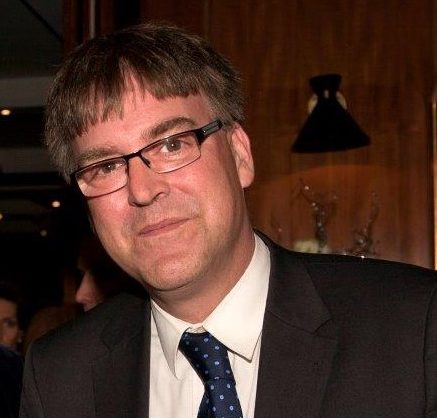 “The one thing that could change this industry dramatically would be an understanding about people outside the industry of the industry. An understanding that every box of cornflakes or every part of their car came by ship… I think that another thing that could change it in the next 20 years and for the better is the increase of women in it.”
“The one thing that could change this industry dramatically would be an understanding about people outside the industry of the industry. An understanding that every box of cornflakes or every part of their car came by ship… I think that another thing that could change it in the next 20 years and for the better is the increase of women in it.”
Elias Psyllos, Vice President Commercial and Risk Management, T&T Salvage
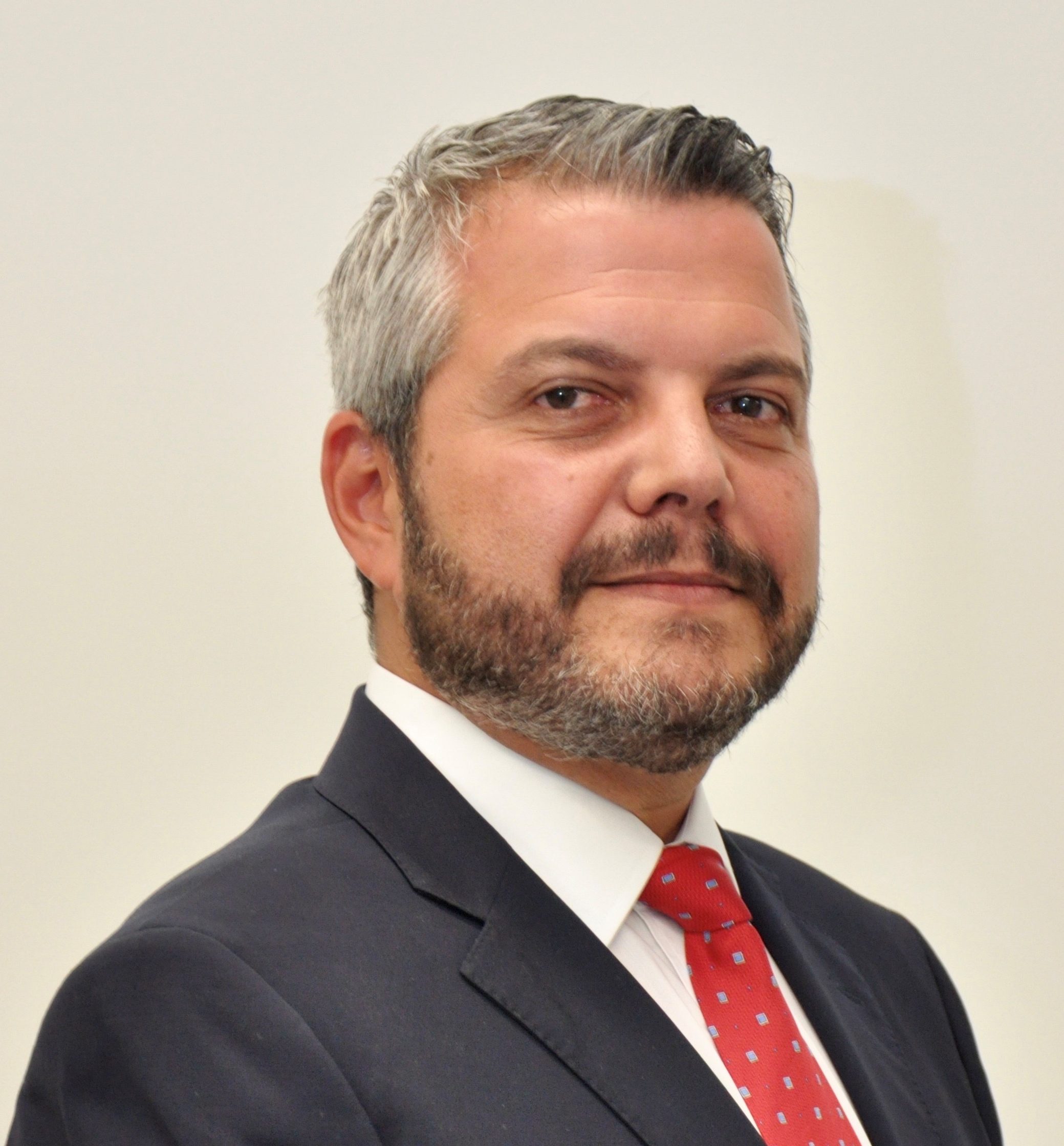 “More women in shipping and more education. To have more conferences like this one. People, including a lot of parts of the industry, don’t know what we do.”
“More women in shipping and more education. To have more conferences like this one. People, including a lot of parts of the industry, don’t know what we do.”
Mark Bull, Director, Trafalgar Navigation
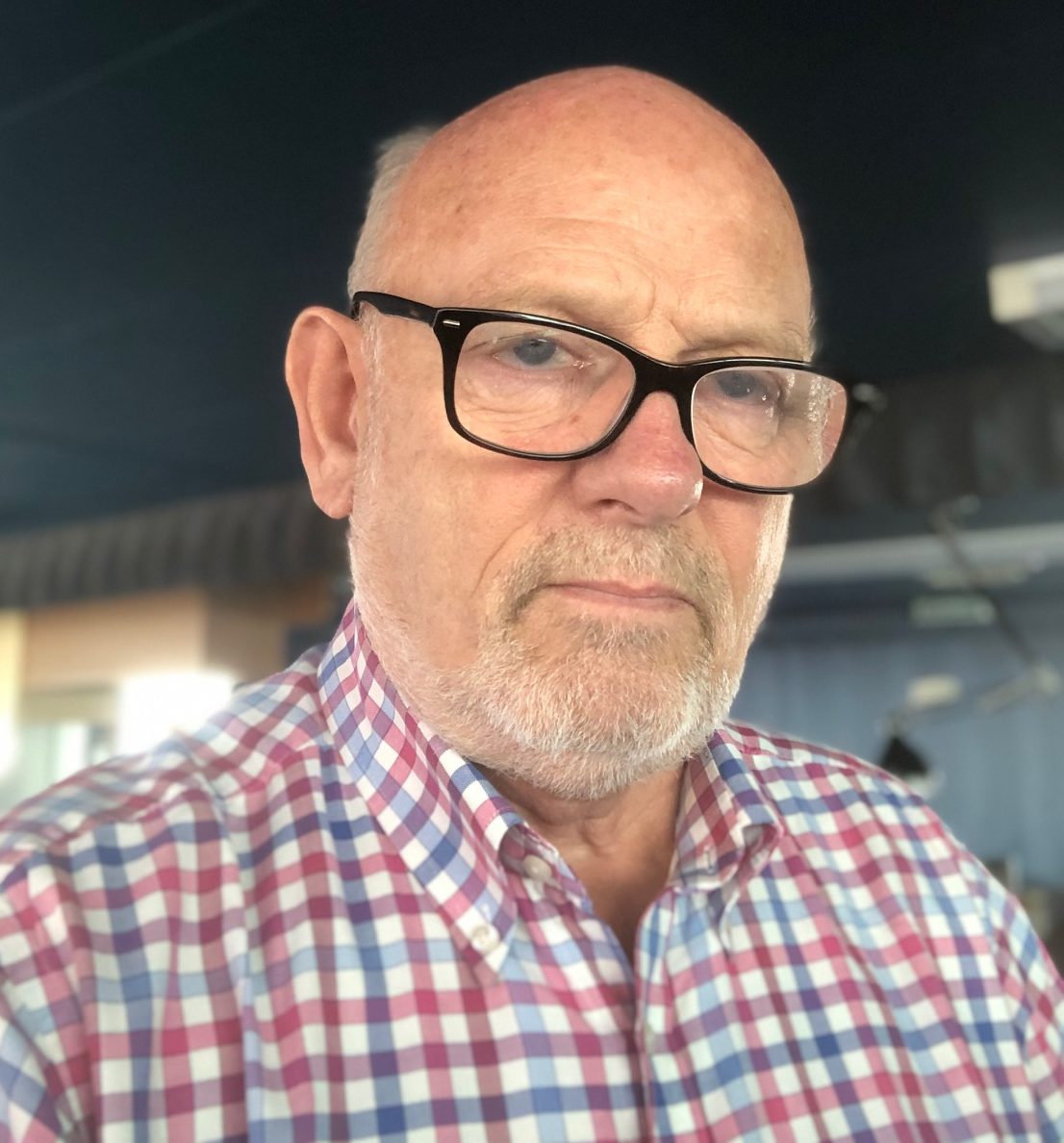 “An immediate suspension of PSC inspections without due ground. There is a very aggressive trend in the Middle East with PSC inspectors wearing body cams. This needs to stop.”
“An immediate suspension of PSC inspections without due ground. There is a very aggressive trend in the Middle East with PSC inspectors wearing body cams. This needs to stop.”
Stylianos V. Dafermos, DPA / HSQE & Vetting Manager / Training Officer, AVIN International
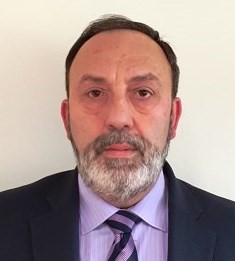 “Education to crews and industry. HSSE is not a matter of excellence of one stakeholder; it is a matter of all stakeholders. Using safety as a flag is not proper. Safety is safety.”
“Education to crews and industry. HSSE is not a matter of excellence of one stakeholder; it is a matter of all stakeholders. Using safety as a flag is not proper. Safety is safety.”
Tasos Kartsimadakis, Vetting & Inspections Manager, Tsakos Columbia Shipmanagement
 “I think the reduction of information sharing with the vessel and improvement of communication, physical presence onboard. I would also try a better understanding and communication between commercial and the third parties.”
“I think the reduction of information sharing with the vessel and improvement of communication, physical presence onboard. I would also try a better understanding and communication between commercial and the third parties.”
Panagiotis Mpikas, HSQE – Marine Manager, DPA / CSO / MR, EURONAV Ship Management (Hellas) Ltd
 “To be a bit more qualitative than quantitative. We are not slaves of figures. If I change, this means that everybody can change. And if we can change, we can move forward.”
“To be a bit more qualitative than quantitative. We are not slaves of figures. If I change, this means that everybody can change. And if we can change, we can move forward.”
Above views were presented during a panel discussion at the 2019 SAFETY4SEA Athens Forum
































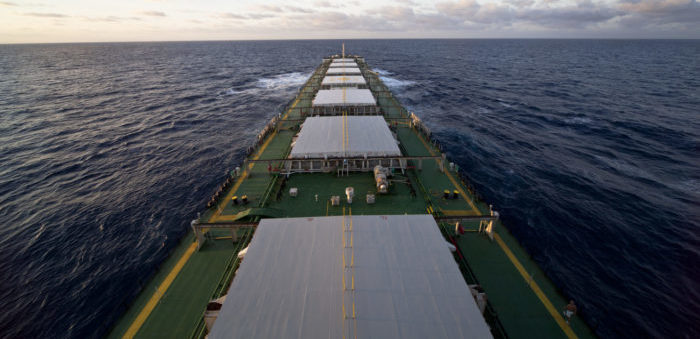






























I would like to Change the ISM Code Section 1.2.2.2 to include an additional phrase ” emergent risks”. This would ensure that companies have organizational capacity to perform resiliently in a dynamic environment. Flag states should grant Document of Compliance when they are convinced of the companies capacity to perform resiliently.